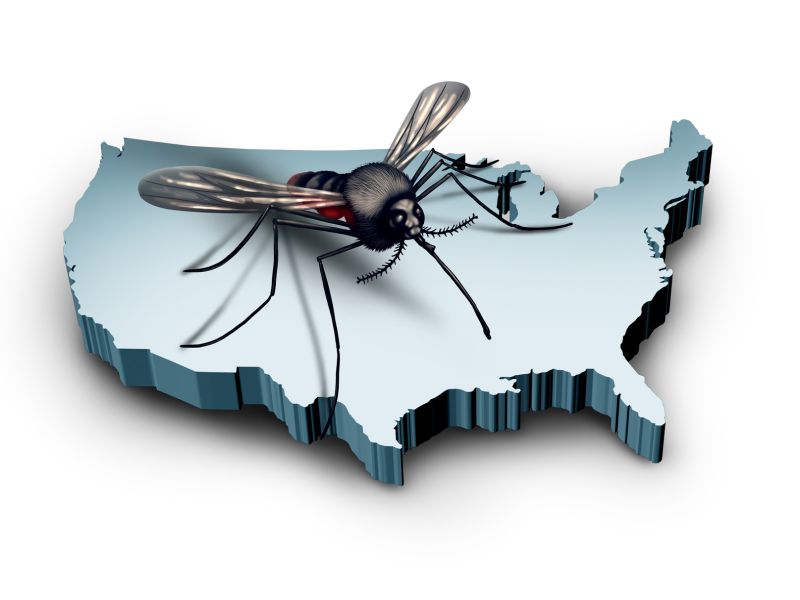
Summer is synonymous with mosquitoes, and that means possible exposure to the West Nile and Zika viruses. Both are spread mainly through mosquito bites. Most people won’t experience symptoms from either virus, but there are important differences to be aware of. West Nile Up to 20% of infected people have symptoms, such as a fever,… read on >

















